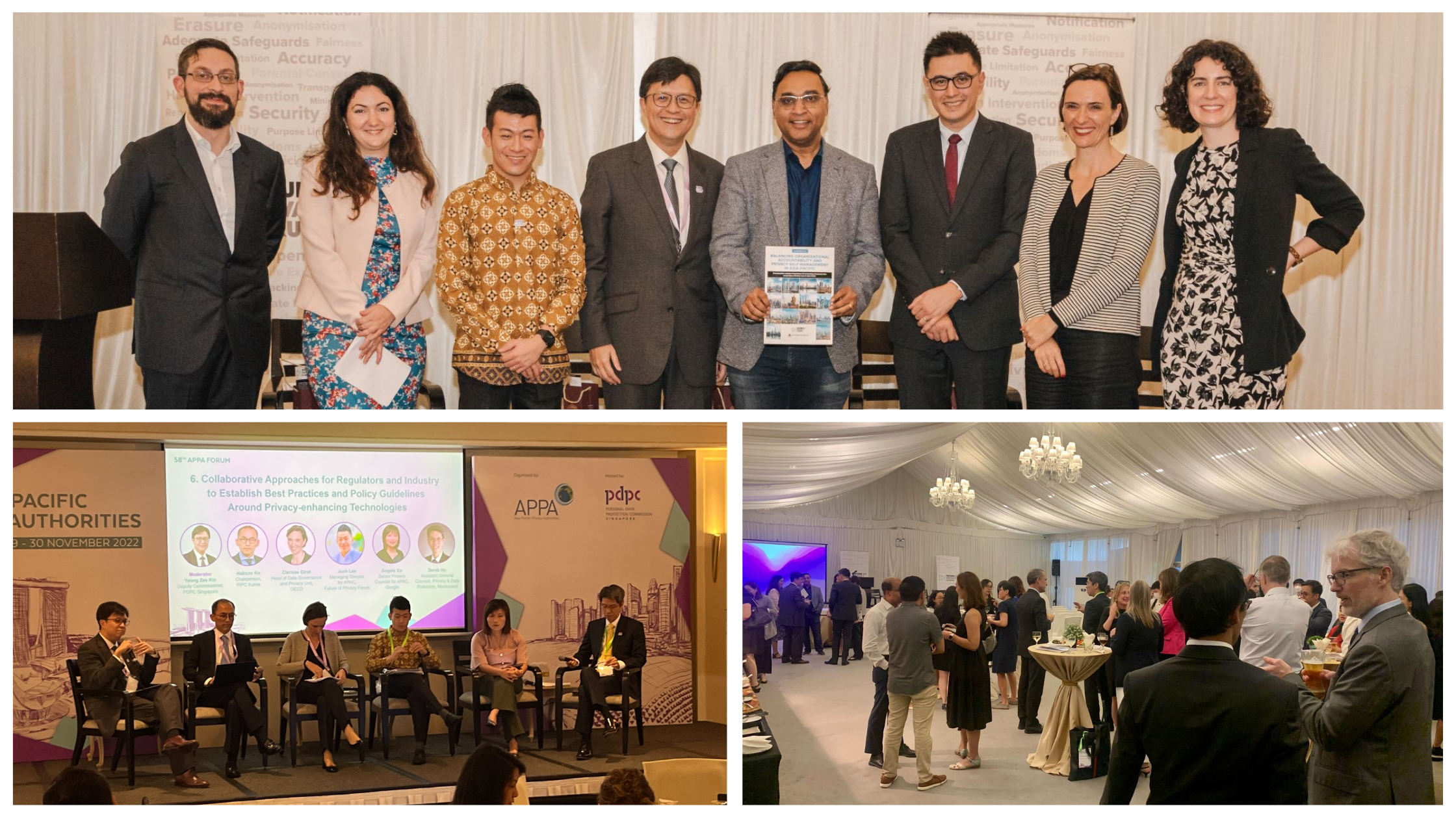
Event Report: FPF APAC and ABLI Report Launch Event and Panel on sidelines of 58th Asia Pacific Privacy Authorities (APPA) Forum in Singapore
Edited by Josh Lee Kok Thong and Isabella Perera On November 30, the Future of Privacy Forum (FPF) and the Asian Business Law Institute (ABLI) held a joint event to launch their new report, “Balancing Organizational Accountability and Privacy Self-Management in Asia-Pacific,” which provides a detailed comparison of the legal bases for processing personal data […]
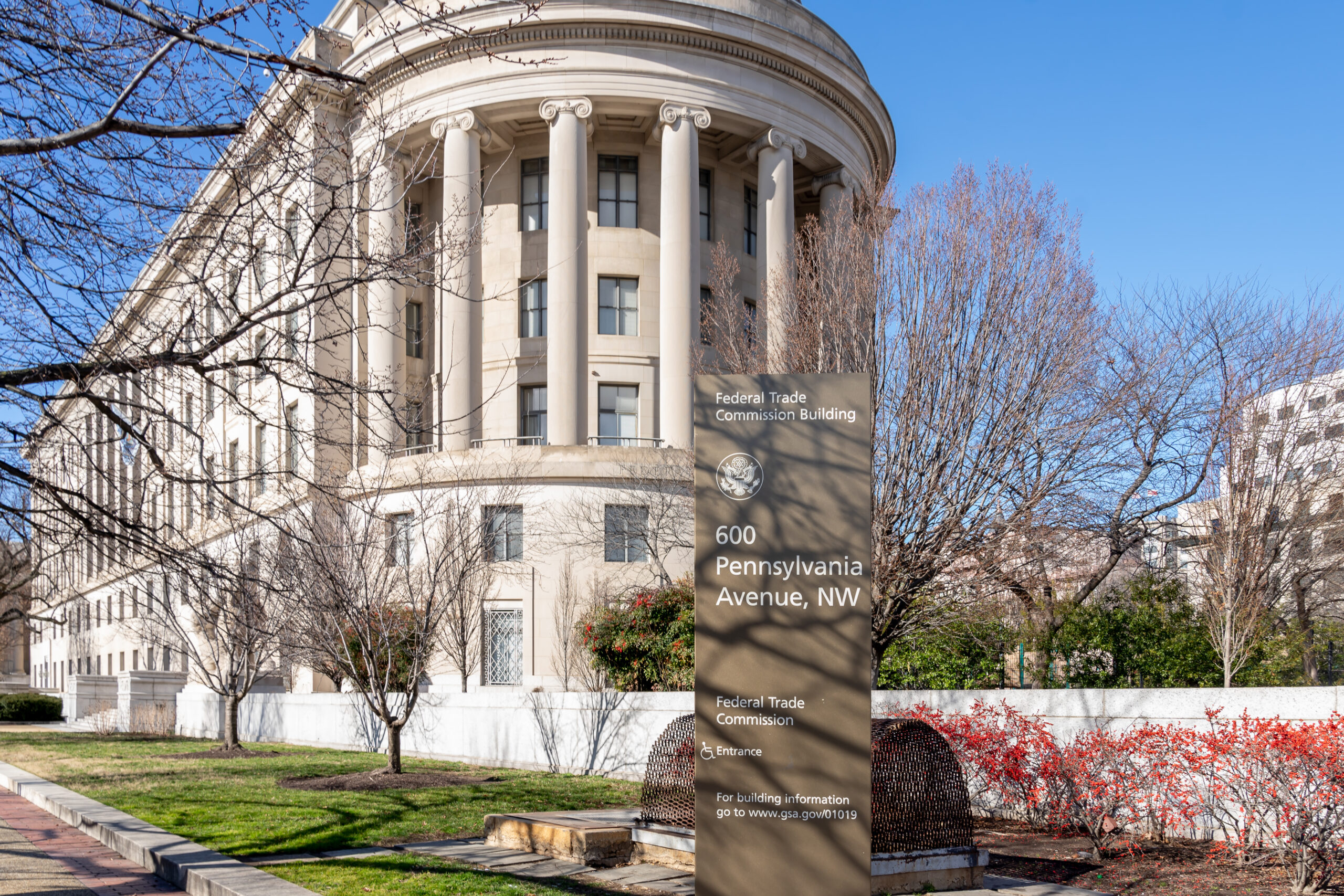
Record Set: Assessing Points of Emphasis from Public Input on the FTC’s Privacy Rulemaking
More than 1,200 law firms, advocacy organizations, trade associations, companies, researchers, and others responded to the Federal Trade Commission’s Advance Notice of Proposed Rulemaking (ANPR) on “Commercial Surveillance and Data Security.” Significantly, the ANPR initiates a process that may result in comprehensive regulation of data privacy and security in the United States, and also marks […]
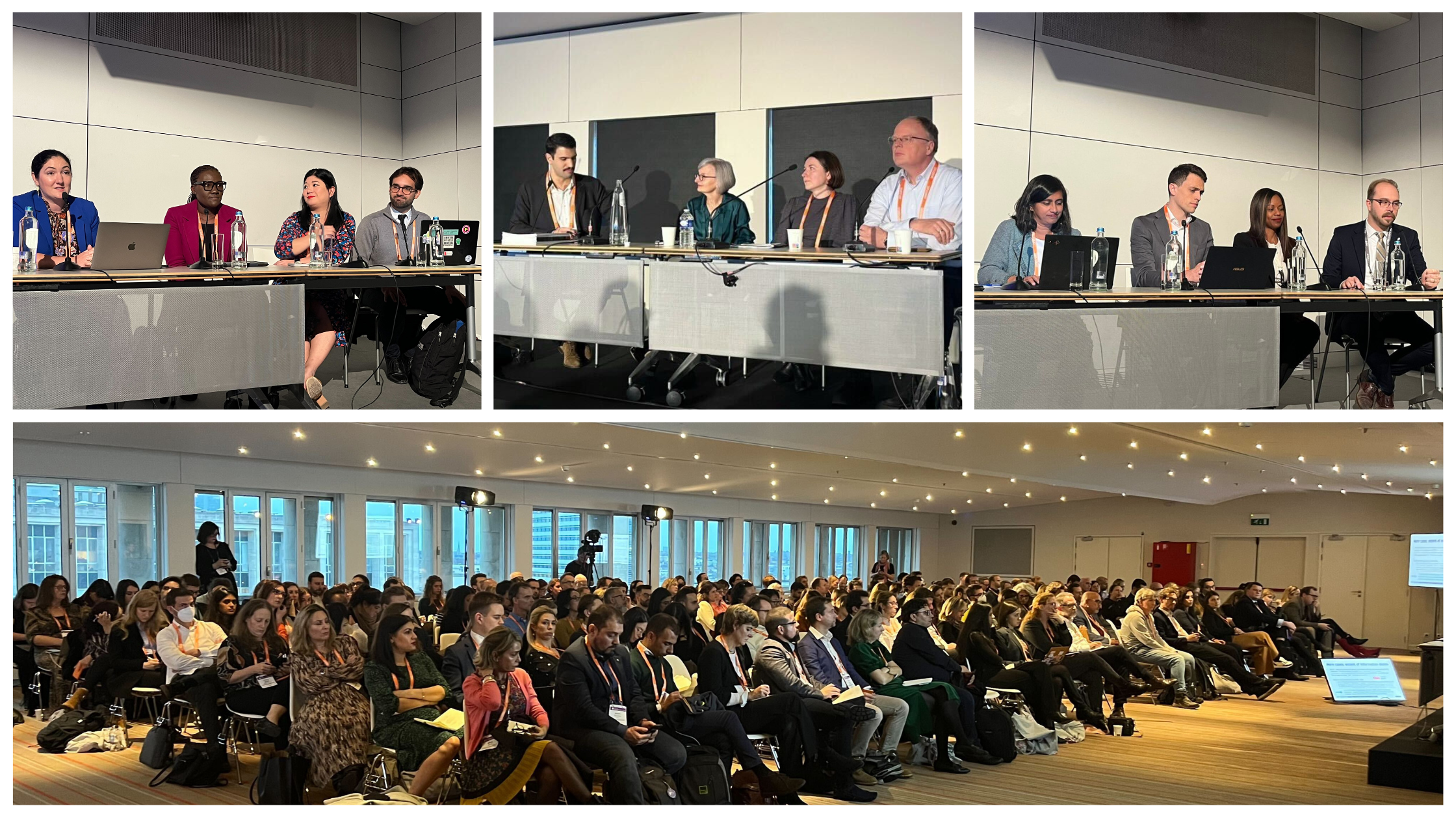
FPF at IAPP’s Europe Data Protection Congress 2022: Global State of Play, Automated Decision-Making, and US Privacy Developments
Authored by Christina Michelakaki, FPF Intern for Global Policy On November 16 and 17, 2022, the IAPP hosted the Europe Data Protection Congress 2022 – Europe’s largest annual gathering of data protection experts. During the Congress, members of the Future of Privacy Forum (FPF) team moderated and spoke at three different panels. Additionally, on November […]
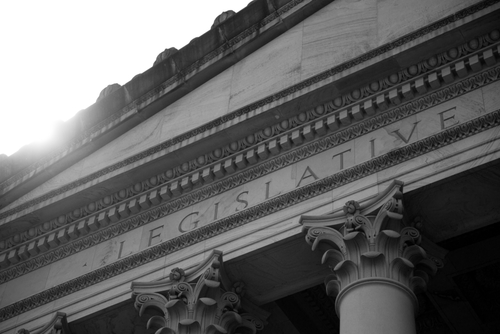
Five Big Questions (and Zero Predictions) for the U.S. State Privacy Landscape in 2023
Entering 2023, the United States remains one of the only global economic powers that lacks a comprehensive, national framework governing the collection and use of consumer data throughout the economy. Congress made unprecedented progress toward enacting baseline privacy legislation in 2022. However, the apparent impasse in the efforts to move H.R. 8152, the American Data […]

Protected: 14th Annual Advisory Board Meeting 2023
There is no excerpt because this is a protected post.
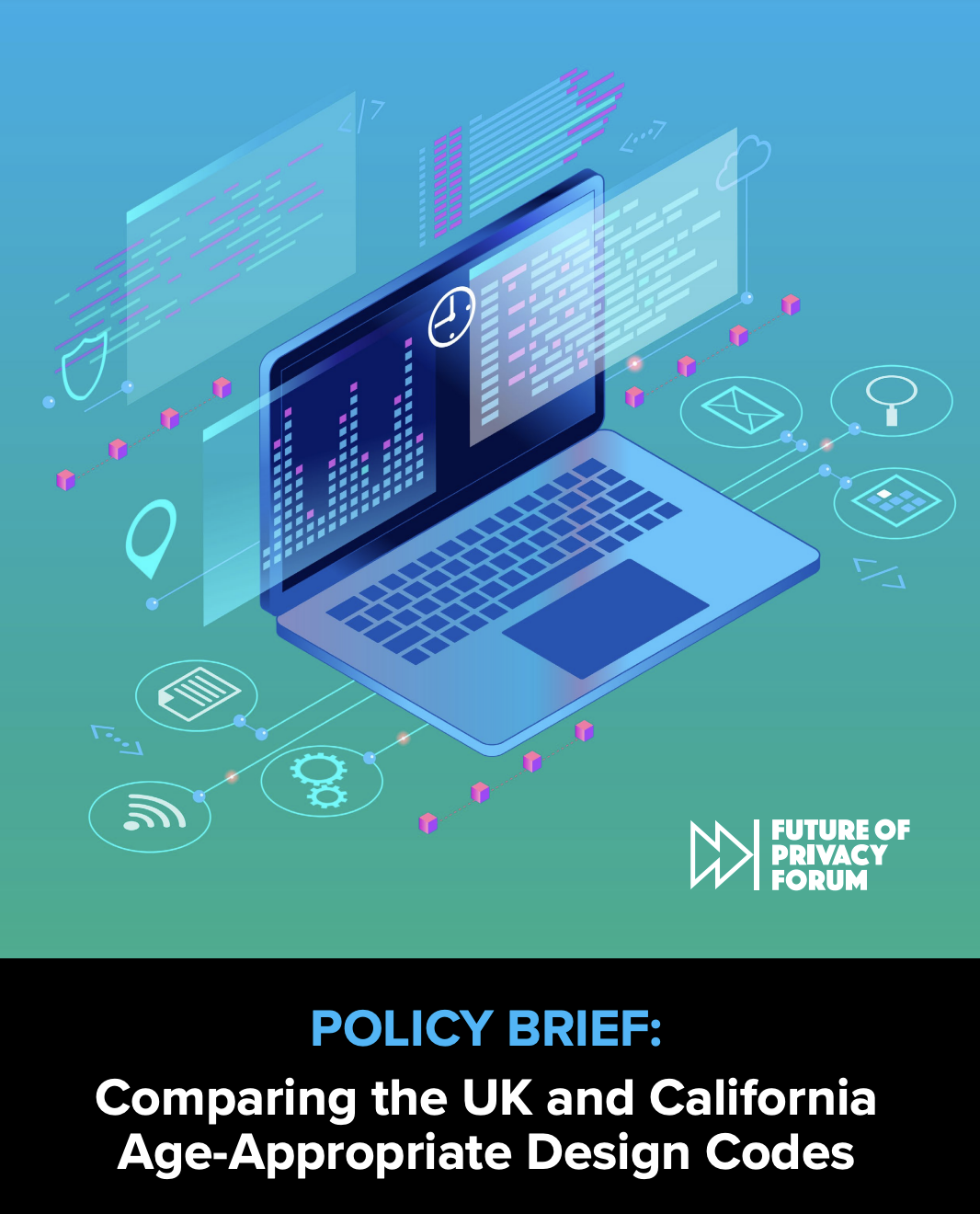
FPF Releases Comparative Analysis of California and U.K. Age-Appropriate Design Codes
The Future of Privacy Forum (FPF) today released a new policy brief comparing the California Age-Appropriate Design Code Act (AADC), a first-of-its-kind privacy-by-design law in the United States, and the United Kingdom’s Age-Appropriate Design Code. While there are distinctions between the two codes, the California AADC, which is set to become enforceable on July 1, […]

Understanding Extended Reality Technology & Data Flows: Privacy and Data Protection Risks and Mitigation Strategies
This post is the second in a two-part series. Click here for FPF’s XR infographic. The first post in this series focuses on the key functions that XR devices may feature, and analyzes the kinds of sensors, data types, data processing, and transfers to other parties that power these functions. I. Introduction Today’s virtual (VR), […]

Call for Nominations Open: FPF’s Award for Research Data Stewardship
When companies share data with researchers in a way that protects data, the collaboration can unlock new scientific insights and drive progress in medicine, public health, education, social science, and many other fields. FPF is thrilled to announce the open nomination period for FPF’s 3rd Annual Award for Research Data Stewardship. The Award recognizes partnerships […]

Understanding Extended Reality Technology & Data Flows: XR Functions
This post is the first in a two-part series on extended reality (XR) technology, providing an overview of the technology and associated privacy and data protection risks. Click here for FPF’s infographic, “Understanding Extended Reality Technology & Data Flows.” I. Introduction Today’s virtual (VR), mixed (MR), and augmented (AR) reality environments, collectively known as extended […]

Federal Court deems university’s use of room scans within the home unconstitutional
I. Summary A federal court recently ruled that a public university’s use of room-scanning technology during a remotely proctored exam violated a student’s Fourth Amendment right to privacy. The decision in Ogletree v. CSU is the clearest indication to date of how courts will treat Fourth Amendment challenges to public higher education institutions’ use of […]
